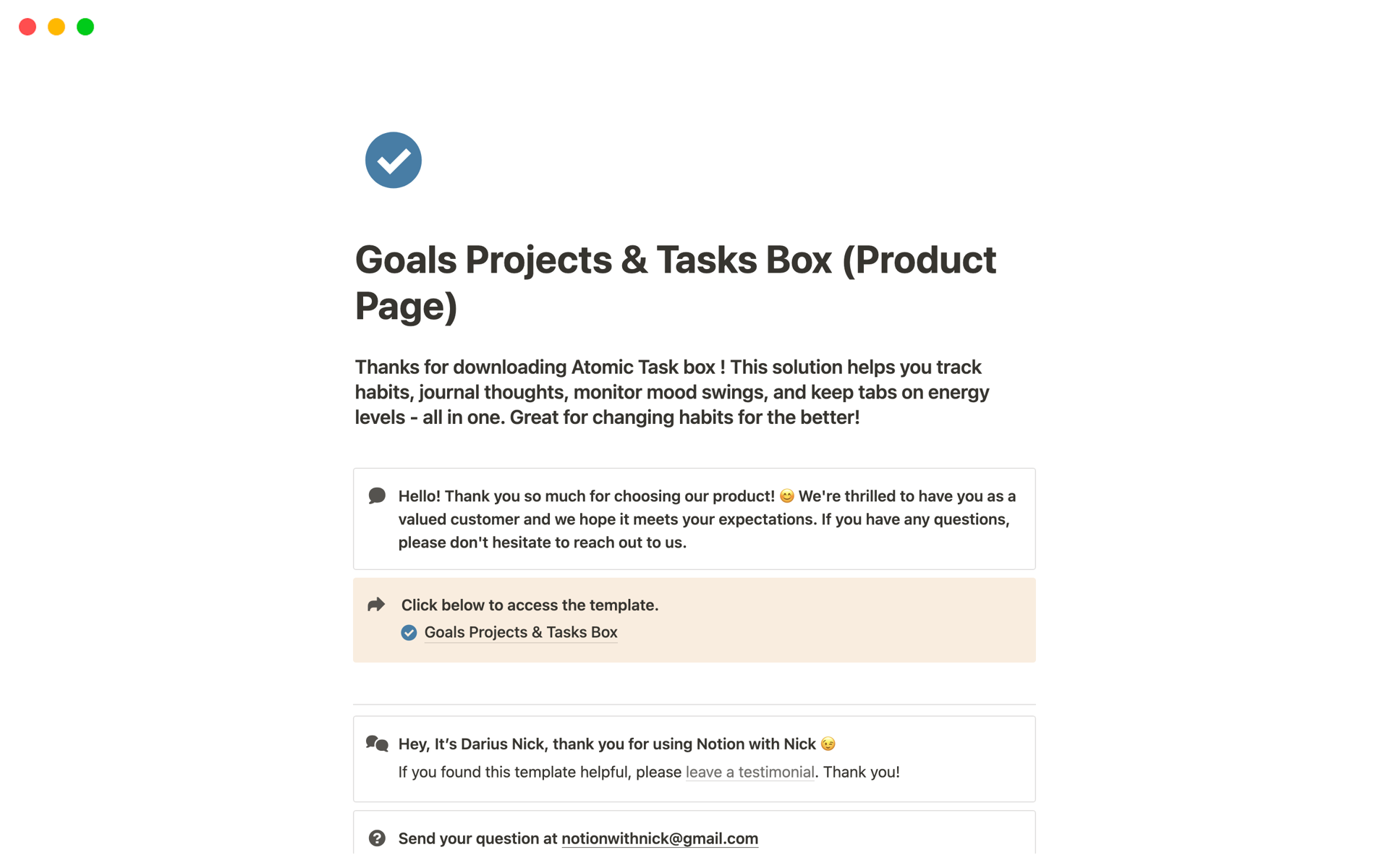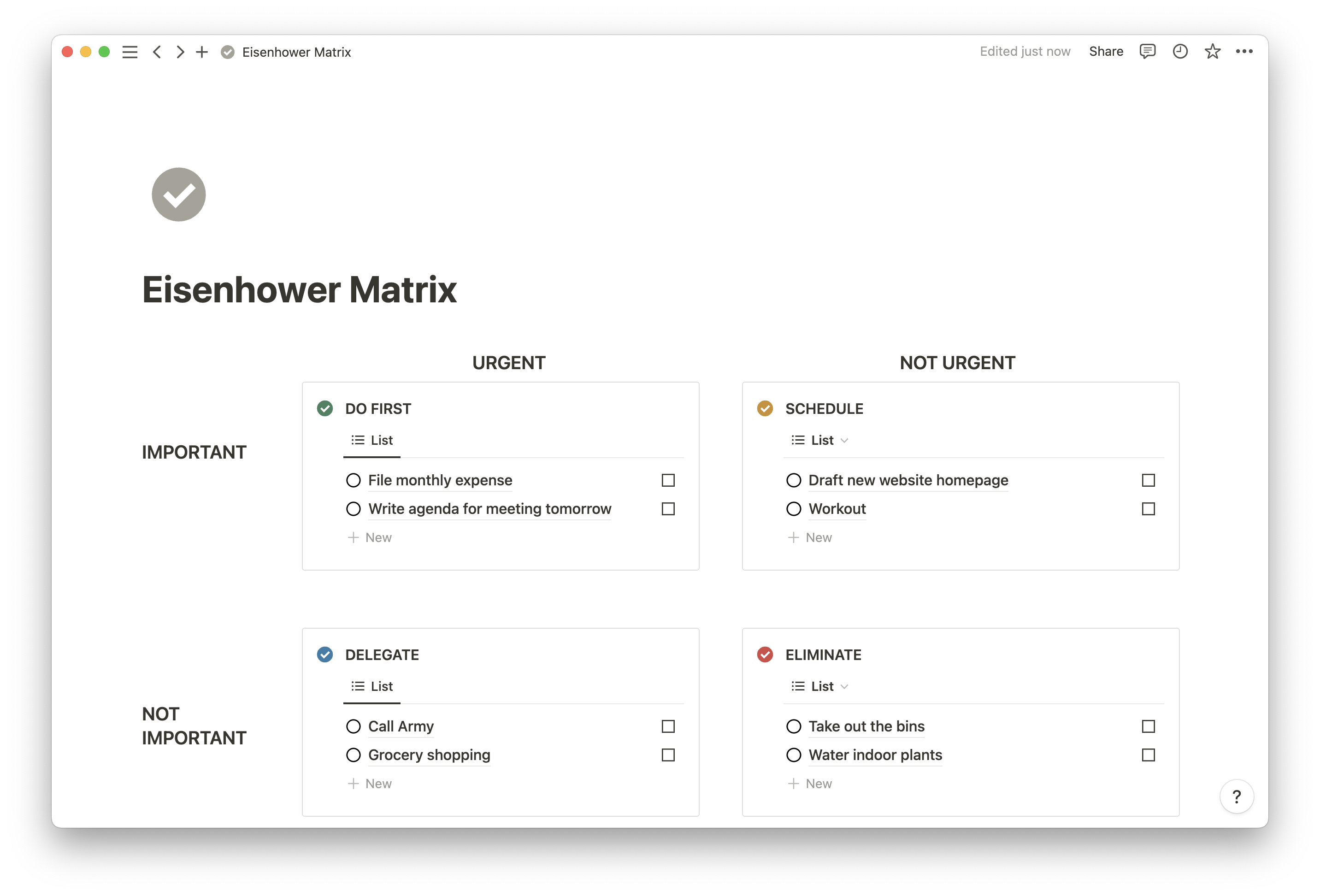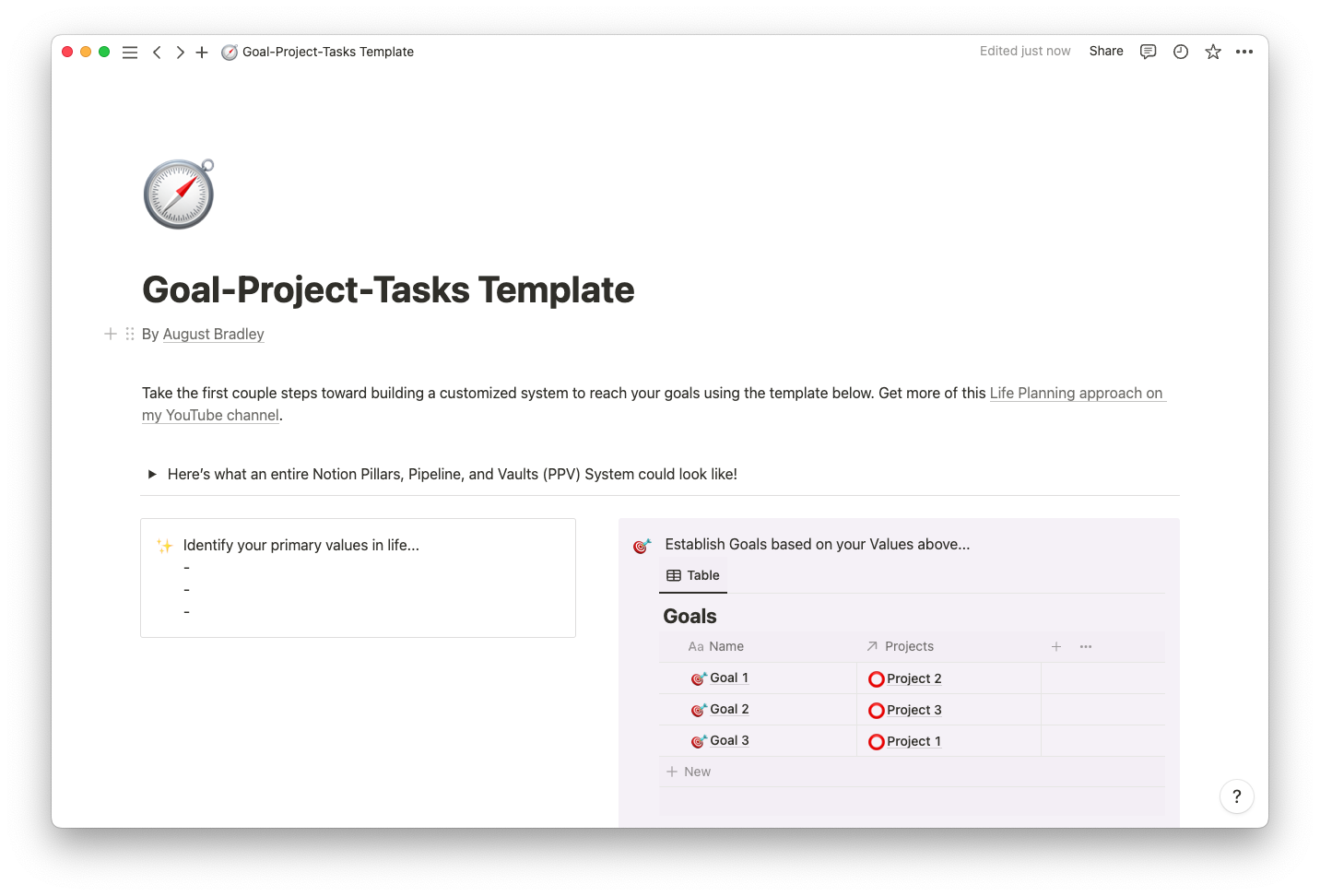You’re sitting in a meeting and can’t seem to focus.
You have end-of-day deadlines, a list of daily tasks, and more meetings to prepare for — all on your mind at once. While bouncing from one thought to another, you find yourself thinking about everything but the conversation at hand.
Workdays are full of potential distractions, and finding methods to stay productive despite these is a skill that every professional must develop. This skill helps you work efficiently, show up for your team, and stay motivated to get through your day.
Learning how to improve concentration takes focus in itself. But by setting clear goals and making small adjustments to your daily routine, you’ll be ready to tackle your to-do list with ease.
What’s concentration?
Concentration is your ability to zero in on a particular task, interaction, or detail. The more you focus your attention, the less you notice other environmental stimuli or engage with unrelated thoughts.
But blocking out all the noise isn’t simple. There’s no shortage of distractions to steer your mind off course as messaging apps, email notifications, and personal text messages constantly fight for your attention.
Whatever the distraction is, persistent interruptions impact your productivity. You may struggle to complete tasks, miss important details, and forget others. Such constant disruption can seriously affect your work quality and professional development.
Common causes of poor focus
You may have heard coworkers or friends endorse their concentration techniques. But the reasons for poor focus are personal. To determine why you can’t focus, analyze your daily habits and stimuli. These might include:
Inconsistent or poor-quality sleep
Excessive screen time and constant notifications
Skipped meals or insufficient dietary nutrients
Interruptions from team members, dependents, or unexpected visitors
Lack of physical exercise
Chronic stress, anxiety, or burnout
Background noise or chaotic environments
Tasks misaligned with your professional goals
These are just a few factors that can hijack your focus and shorten your attention span.
5 common causes of poor focus
To effectively identify your concentration blockers, consider grouping them into one of five common categories. Examining these daily contributors is the first step to learning how to increase your attention span:
Information overload — your working memory can only process a limited amount of data. When there’s too much information to make sense of, your brain experiences cognitive overload, which impairs your ability to focus.
Poor sleep — the average person requires about 7–8.5 hours of sleep each night. When you consistently get poor shut-eye, your cognitive performance declines, your mood changes, and you consolidate memories less effectively.
Lack of physical activity — exercise doesn’t just strengthen your body. It also keeps your brain in good shape. Higher levels of sedentary time are linked to lower levels of cognitive function and decreased cognitive ability as you age.
Unhealthy eating habits — your eating habits play an important role in your cognitive processes and emotions. Restricting your diet, skipping meals, and regularly eating heavily processed food can all lead to nutrient or vitamin deficiencies and erode mental focus and energy.
Environmental stimuli — the stimuli that elevate or hinder your concentration are unique to you. You may love the constant chatter of a busy coffee shop, while your teammate needs total silence. Identify what environments work best for you, paying attention to visuals and acoustics in your workspace.
These factors may pull your concentration in the wrong direction, but small changes can get you back on track.
Benefits of improving concentration
Sharp focus at work isn’t just a useful skill — it’s a necessity, helping you contribute to your team, work efficiently, and feel fulfilled.
Here are a few ways that learning how to stay focused can boost your competitive edge:
It creates a positive snowball effect — constant interruptions while working make it difficult to stay on task, which could push you behind on timelines or make you miss important details. Keeping your focus on an assignment helps you maintain a flow. As you check items off your to-do list, you may feel more motivated to move on to the next goal.
It maximizes your decision-making — with a clear mind, you’re better equipped to weigh options and make informed choices. Proper focus streamlines your decision-making and ensures your choices align with overarching objectives.
It strengthens work relationships — people notice when you shift around the room, glance at your phone, or get lost in a daze. While your intentions may be in the right place, colleagues can take offense to your perceived lack of interest. Focusing on your interactions ensures you show respect and build strong bridges within your network.
8 activities to improve attention and concentration
Learning how to stay on task requires some trial and error. Experiment with the following time management strategies and concentration techniques until you find your flow.
1. Try the Pomodoro Technique
The Pomodoro Technique is a time management method that breaks your work into short, focused intervals. Intervals are typically 25 minutes, during which you should focus on a single task. After each interval, you reward yourself with a quick break. Try Notion’s Pomodoro tracker to break work into time intervals and track your progress.
2. Establish clear goals
Define what you want to achieve in a given time frame by designating blocks of your day for specific to-do list items. Time-blocking can help direct your mental energy, reduce your susceptibility to distractions, and keep you focused on overarching objectives. And using a productivity planner template makes tracking and organizing your goals easy.
3. Declutter your space
A tidy workspace can translate to a tidy mind. Remove unnecessary items, close irrelevant browser tabs, and create a space that’s calming rather than chaotic. Eliminating these distractions is an easy way to increase your concentration, and organizing your space at the beginning or end of your day can also be satisfying to tick off your to-do list.
4. Limit multitasking
While multitasking may seem like an efficient use of your time, it dilutes your concentration. Tackle one task at a time and give it your undivided attention. You might establish focus times to pause message notifications, use an Eisenhower Matrix to organize activities, or jot down pending tasks in a notebook to return to later.
5. Practice mindfulness meditation
Mindfulness training improves cognitive strength and task performance. Starting your day with mindful breathing or meditation can help clear your head and strengthen your ability to concentrate when you begin work.
6. Take breaks
Too much work can cause mental fatigue. Schedule regular breaks into your day to give your mind time to reset. If you feel stuck on one task, it’s better to step away than try to push through. Small pauses will help you avoid burnout and restore energy to complete your daily work.
7. Get high-quality sleep
The Centers for Disease Control (CDC) recommends a minimum of seven hours of sleep each night. Beyond just the number of hours, the quality of your sleep matters, too. Avoid screen time before bed, create a dark and quiet environment, and maintain a regular schedule to maximize your shut-eye. You’ll wake up feeling refreshed, which will carry over into your workday.
8. Exercise regularly
Regular exercise improves memory function and cognitive capabilities, and routine physical exertion can also boost your energy at work and promote better sleep. On your breaks, take a walk around the block, or go for a jog before your workday. Some daily movement will help you concentrate when you’re back at your desk.
Grow personally and professionally with Notion
Whether you want to streamline your workflow or contribute better to your team’s efforts, learning how to improve concentration helps you handle distractions to enjoy a more efficient workday.
Boost your concentration with Notion’s task management templates, like the productivity dashboard to track all your tasks and long-term objectives, keeping your eye focused on the prize. Or, search the template gallery to find something that perfectly suits your needs.





